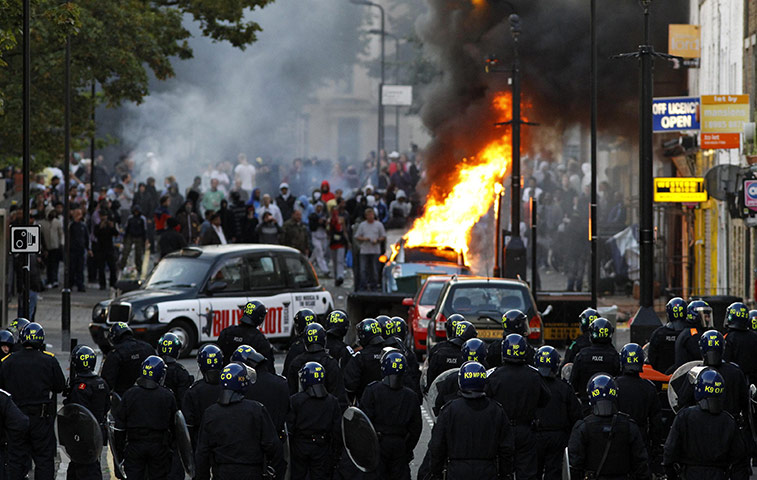1) Should the death penalty exist as a punishment for murder or terrorism?
In the past, the authority of justice was extremely tough. There was either a life sentence or an execution. Nowadays, regime has changed to have some of tolerance, and human rights organisations have appeared to fight these extreme verdicts. " Amnesty International opposes the death penalty in all cases without exception regardless of the nature of the crime, the characteristics of the offender, or the method used by the state to kill the prisoner." (Amnesty, 2011).
2) Should the main purpose of prison be punishment or rehabilitation?
Detaining criminals in a prison and freeing them after they serve their sentences would not change much in their behaviours. Accordingly, Modern prisons are heading toward schemes to rehabilitate the prisoners and prepare them to be freed the community. A ministry of Justice spokeswoman (cited in the Huffington Post, 2012) stated that the prisons are presence to protect the community, and to punish and rehabilitate prisoners thus they are less likely to commit crime.
3) What is the best way to deal with juvenile crime such as joy-riding, Vandalism and graffiti?
Regarding joy-riding, in my home country of Bahrain its sentence has some tolerance. It is dealt with by fine and delaying the date of the driving test for 6 months. When it relates to vandalism and graffiti, their sentences are much strict. They may be a fine or serving one to two months in prison.
4) Is it ever right for political activists to break the law?
As the political activists are there to reform the government policies, it does not make sense if they break the law. But sometimes they beak laws that they think they are not fair and they need to be changed.
5) How strict should the law be with people who drink and drive?
Although, these people often cause accedents, in most countries they are only fined a small amount of money. Authorities should treat them accordingly to their criminal registery, also to how dangirous their driving is.
6) Which is the more serious problem in your country – tax evasion or social security fraud?
The social security fraud appears to bethe most common in my country. Usually who commits this kind of crime face low income problem. Therefor, the authorities are trying to trace these people that could be fined or prisoned.
7) Should the police have the right to stop and search you in the street without a warrant?
The duty of police is to keep order in street. Hence, if there is no mystry in the behaviour of the drivers behaviour they should disrupt them.
8) Should the law respect the rights of homeless people to squat in unoccupied property or shop doorways?
The state is responsible of providing shelter for its people. So if there are people still have nowhere to go the law should respect thier condition.
9) Should smoking cannabis be a criminal offence?
Cannabis is a kind of pisones that is harmful for human being, and more dangerous than smoking tobbaco.
Bibliography
Amnesty International (2011) Abolish the death penalty. Avilable at: http://www.amnesty.org/en/death-penalty (Accessed at: 24 January 2013).




